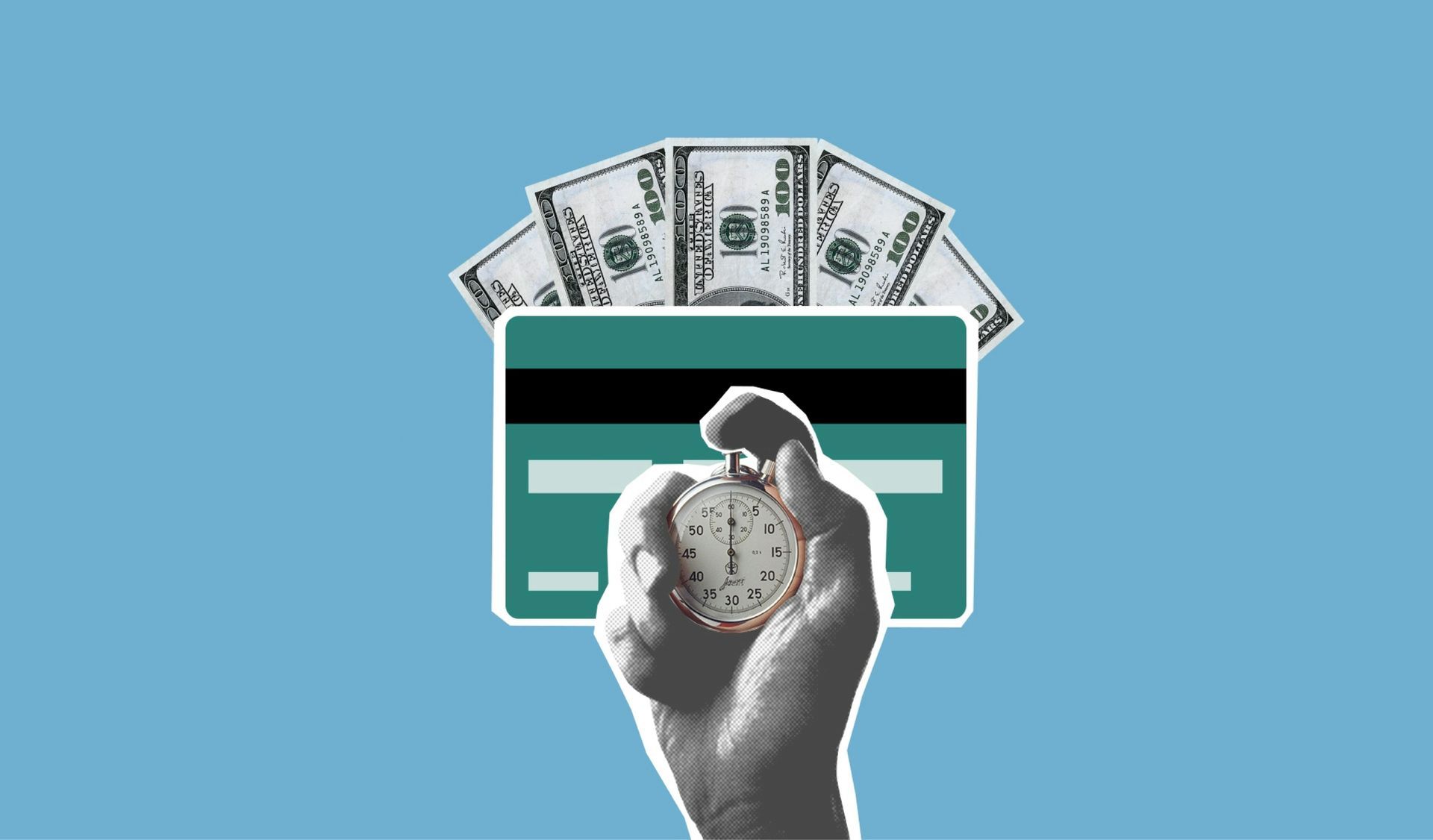What Is Debt Consolidation and How Can It Help You?
Top 5 Benefits of Debt Consolidation
Introduction
If you're feeling overwhelmed by multiple debts, debt consolidation might be the solution you need. By combining your debts into a single loan, debt consolidation offers numerous advantages that can help you regain control of your finances. In this post, we'll explore the top five benefits of debt consolidation and how it can positively impact your financial future.
1. Simplified Finances
One of the biggest advantages of debt consolidation is that it simplifies your finances. Instead of managing multiple payments with different due dates, interest rates, and lenders, you only have to worry about one monthly payment. This reduces the risk of missing payments, which can lead to late fees and damage your credit score.
2. Lower Interest Rates
Debt consolidation loans often come with lower interest rates compared to credit cards and other high-interest debts. By securing a lower rate, you can save money on interest over the life of the loan. This means more of your payment goes toward reducing the principal balance, helping you pay off your debt faster.
3. Fixed Repayment Schedule
With a debt consolidation loan, you'll have a fixed repayment schedule, which means you'll know exactly when your debt will be paid off. This predictability can be a huge relief for those who feel uncertain about their financial future. A clear timeline for debt repayment can help you stay motivated and focused on achieving your financial goals.
4. Improved Credit Score
Successfully consolidating and paying off your debts can improve your credit score. By reducing your credit utilization ratio and making timely payments, you demonstrate responsible financial behavior. Over time, this can lead to a higher credit score, making it easier to qualify for loans, mortgages, and other financial products.
5. Reduced Stress and Anxiety
Debt can be a major source of stress and anxiety, affecting both your mental and physical health. By consolidating your debts into a single, manageable payment, you can reduce the financial strain and enjoy greater peace of mind. Knowing that you're taking proactive steps to improve your financial situation can alleviate the burden of debt-related stress.
Conclusion
Debt consolidation offers a range of benefits that can help you take control of your finances and work towards a debt-free future. By simplifying your payments, lowering your interest rates, and providing a clear repayment plan, debt consolidation can make a significant difference in your financial well-being. If you're struggling with multiple debts, consider exploring debt consolidation as a viable option.



